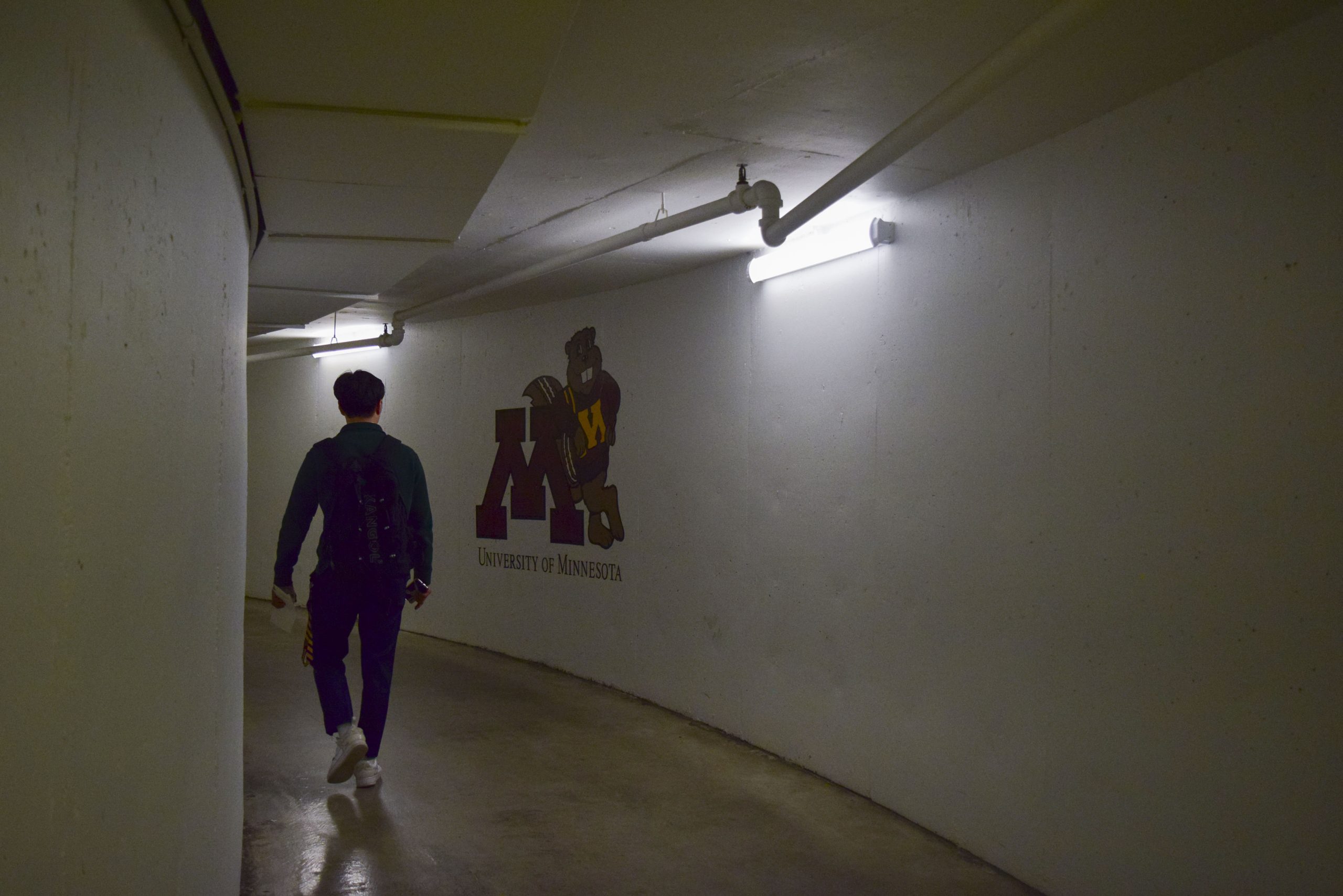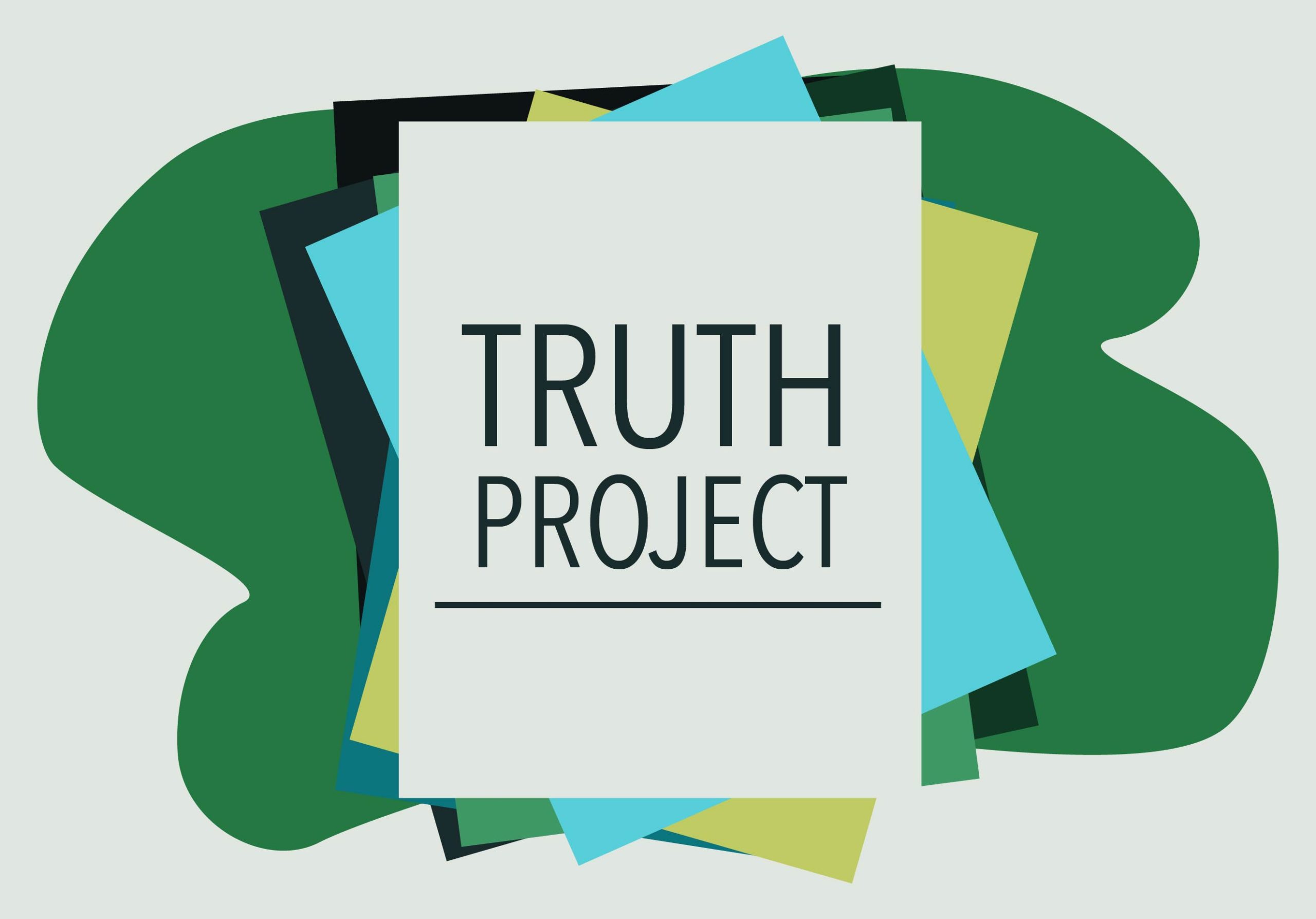BAGHDAD (AP) âÄî Iraqi leaders received on Wednesday a highly anticipated U.N. report on proposals to ease ethnic rifts in the oil-rich northern city of Kirkuk and other disputed areas, a U.N. spokesman said. The report is not binding for Iraqi authorities, but it could offer a blueprint to try to solve the political impasse over Kirkuk, the hub for Iraq’s northern oil fields and a fault line for the nation’s Arab and Kurdish populations. A spokesman for the U.N. mission in Iraq, Said Arikat, said the report was given to Prime Minister Nouri al-Maliki and other top officials. Arikat refused to discuss the contents of the report, which has been in the works since last year. But it’s expected to offer recommendations to ease tensions in the northern city of Kirkuk, such as possible “special status” that would allow joint oversight from the Arab-dominated central government in Baghdad and the Kurdish autonomous region in the north. Kurds, a majority in the area, have been trying to exert greater control over Arabs, Turkomen and other rival ethnic groups. But Iraq’s government has strongly resisted any suggestions that the area could fully slip from Baghdad’s rule. Tensions are so acute that Kirkuk was excluded from provincial elections in January because a power-sharing formula could not be reached. Now, Iraqi officials are desperate to work out some pact between Kirkuk’s groups before national elections planned for late this year. Washington is also anxious for some signs of stability in Kirkuk as the U.S. military gradually scales back its combat role. “We are hopeful that the political groups will use this report in a comprehensive and objective way … we are all aware of the increasing tensions in some of the disputed areas recently,” Staffan de Mistura, the top U.N. envoy to Iraq, said in a statement. Last week, at least 11 Oil Ministry guards were killed in a car bombing in Kirkuk. In December, a suicide bomber killed at least 55 people in a packed restaurant near Kirkuk where Kurdish and Arab leaders were trying to reconcile differences. The ethnic suspicions in Kirkuk are centuries old, but were enflamed in past decades by Saddam Hussein’s program to move tens of thousands of Arabs into the area in an attempt to shift the demographic balance. Kurds currently make up an estimated 52 percent of Kirkuk’s population, compared with Arabs at 35 percent. Turkomen, ethnic Turks with close ties to Turkey, make up about 12 percent. About 12,000 Christians live in Kirkuk. The U.N. report also offers possible avenues to reduce ethnic tensions in areas such as Mosul and Diyala province âÄî considered the last two urban strongholds for Sunni insurgents. Meanwhile, north of Baghdad, a suicide bomber killed at least five people at a Sunni mosque. A police official in Duluiyah, about 45 miles (75 kilometers) north of Baghdad, said the attacker was mingling with worshippers when he detonated a belt packed with explosives. The blast also injured at least 20 people. The official spoke on condition of anonymity because he was not authorized to release the information. Violence is down sharply around most of Iraq and the area around Duluiyah has been relatively calm, but it’s located in a volatile patchwork of Sunni and Shiite areas.
















